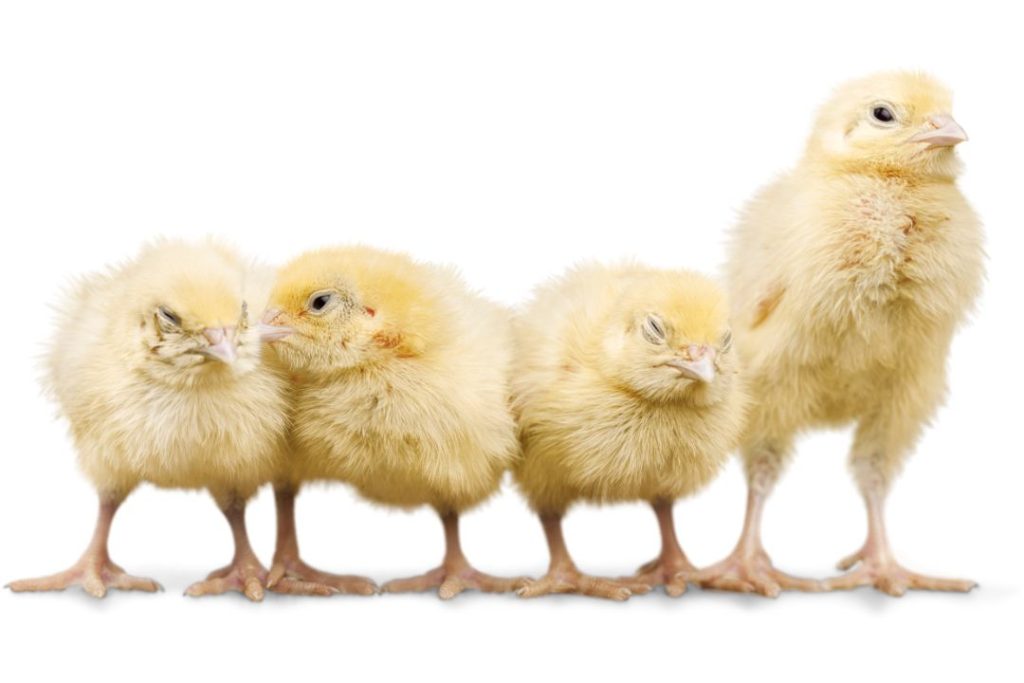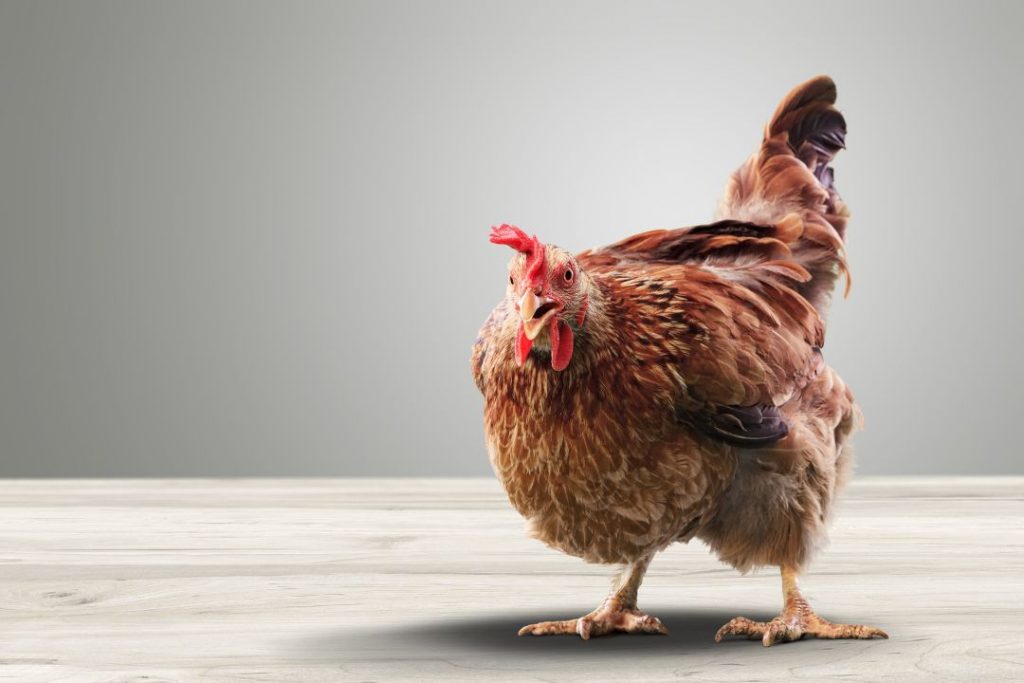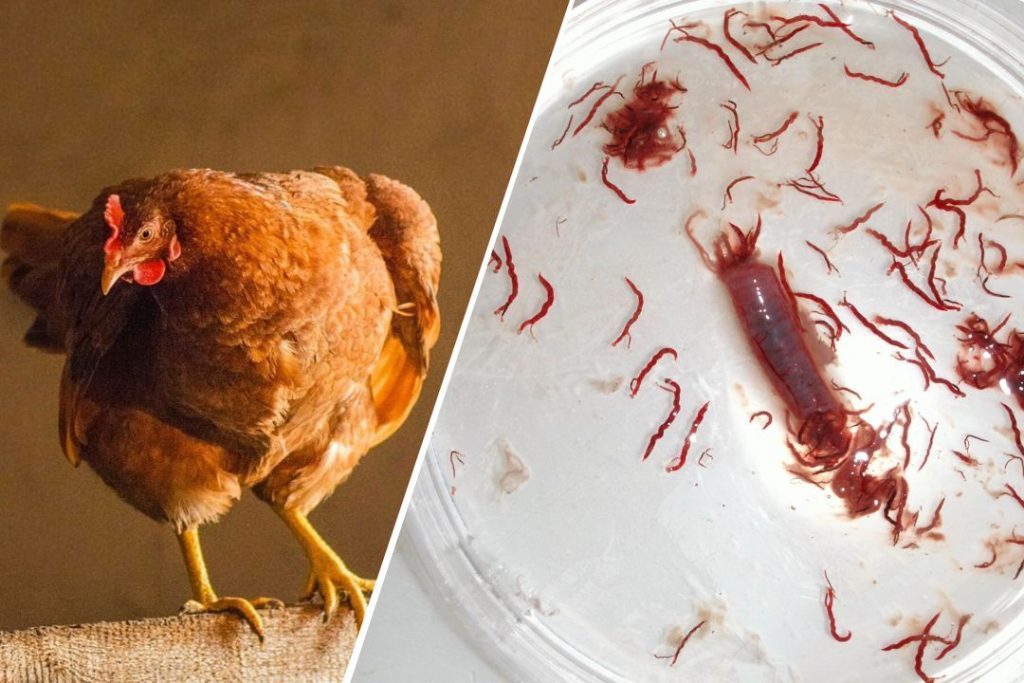“How much liquid corid per gallon of water is ideal for my animals?” This is a common question many pet and livestock owners ask. This query highlights the importance of accurate dosing and underscores our commitment to providing the best care for our animals.
You must ensure the right dosage is adhering to guidelines. It’s about safeguarding the health of your animals.
This article will explore the dosages for dogs, goats, and chickens, offering you a roadmap to optimal animal health.
Why is Corid Important for Animals?
Corid, or Amprolium, is a coccidiostat. It’s used to treat and prevent coccidiosis, a parasitic disease influencing the intestinal tracts of animals. The right dosage ensures effective treatment, while deviations can lead to resistance or adverse effects.
One such measure involves the use of Corid, a vital medication in the world of animal care. But why is Corid so crucial? Let’s delve deeper.
Corid and Its Mechanism
Corid, known scientifically as Amprolium, isn’t just another medication. It’s a coccidiostat specifically designed to combat coccidiosis. This disease, caused by parasites, primarily targets an animal’s intestines. If left unchecked, it can have destructive effects.
The way Amprolium works is fascinating. It mimics thiamine, a vitamin that these parasites rely on. When they consume Amprolium, thinking it’s thiamine, they essentially starve. It’s a clever trick, ensuring the parasites are dealt with effectively.
The Balance of Dosage
Administering the right amount of Corid is a delicate balance. Overdosing can lead to potential health risks for the animal. Conversely, under-dosing might render the treatment ineffective. Veterinarians play a crucial role here, guiding the exact dosage required.
Moreover, there’s the looming threat of resistance. If Corid isn’t administered correctly, the parasites might develop resistance, making future treatments challenging.
The Preventive Power of Corid
While Corid is a potent treatment, its power isn’t just reactive; it’s preventive, too. Regular, preventive doses can keep coccidiosis at bay, ensuring the animals remain healthy. This proactive approach ensures the well-being of animals and reduces potential medical expenses in the long run.
Corid’s Broader Impact
For livestock owners, the importance of Corid extends to their livelihood. Healthy animals mean better productivity. Dairy farmers, for instance, can look forward to better-quality milk. Similarly, poultry owners can expect improved egg production.
Pet owners aren’t left behind, either. Thanks to Corid, the joy of seeing a once sick pet bounce back to health is immeasurable. It strengthens the bond between pets and their owners, ensuring many more happy moments.
1. Corid Dosage for Dogs
Ensuring a dog’s health and well-being is paramount. One crucial aspect is the correct dosage of medications, including Corid. Administering the right amount is essential, and here’s why.
How Much Corid Per Gallon of Water for Dogs?
When considering Corid for dogs, measurements matter. A general guideline suggests 10mg for every pound your dog weighs.
Following this, a 50-pound dog would require about one teaspoon. But remember, these are general figures. Your dog’s specific needs might differ. Hence, a veterinarian’s advice is invaluable. They can provide insights tailored to your furry friend’s unique requirements.
Why is the Right Dosage Crucial for Dogs?
1. Safety First: Administering too much Corid is risky. An overdose might result in a thiamine or Vitamin B1 deficiency. Thiamine plays a pivotal role in a dog’s metabolism. A deficiency can lead to complications, including neurological issues and weakness.
2. Ensuring Efficacy: The goal of any treatment is its effectiveness. Corid, when given in the right amount, combats coccidiosis efficiently. Coccidiosis, a parasitic disease, affects the intestinal tracts of dogs. The correct Corid dosage ensures that the treatment works as intended, ridding your pet of this ailment.
3. Promoting Overall Health: Every dog owner wishes for their pet’s long, healthy life. Administering the right Corid dosage contributes to this goal. It ensures the medication does its job without causing unintended side effects. A dog’s vitality and overall well-being benefit from precise dosing.
Consultation is Key
While guidelines are helpful, individual needs vary. Veteran’s expertise ensures your dog gets the exact amount of Corid needed. So, before making any decisions, seek their counsel.
Dogs bring love, joy, and companionship into our lives. In return, they deserve our utmost care and attention. When it comes to medications like Corid, precision is of the essence. The right dosage ensures safety, efficacy, and overall health.
Always prioritize your dog’s well-being by seeking expert advice and adhering to recommended dosages. Your furry friend’s health and happiness depend on it.
2. Corid Dosage for Goats
With their playful antics and value in agriculture, goats require meticulous care. Goats hold a significant place in both our hearts and the agricultural sector. Their playful nature and economic value make them indispensable.
As such, their health and well-being are of paramount importance. One crucial aspect of this care is ensuring the right dosage of medications, including Corid.
How Much Corid 9.6 Per Gallon of Water for Goats?
When it comes to goats, precision in medication is essential. The recommended dosage is 1 oz of Corid 9.6% solution mixed with 5 gallons of water. Administer this mixture for five straight days. Such a regimen serves dual purposes. It acts as a treatment for those afflicted and a preventive measure for the healthy.
Why Accurate Dosage Matters?
1. Upholding Productivity: Goats play a pivotal role in agriculture. They provide us with milk and meat. Ensuring they receive the correct Corid dosage guarantees the quality of these products. Healthy goats produce milk that’s rich and nutritious. Similarly, their meat is of superior quality, making it a preferred choice for many.
2. Safeguarding Well-being: No one likes to see animals suffer. Overdosing or under-dosing can lead to health issues. The proper dosage ensures that goats remain free from discomfort and potential complications. A happy goat is productive and a joy to be around.
3. Enhancing Longevity: Every livestock owner’s dream is to have animals that live long, healthy lives. Proper medication plays a significant role in realizing this dream. Administering the right amount of Corid can extend a goat’s lifespan. It ensures they remain free from diseases that could cut their lives short.
What Are the Factors to Consider?
While the general guideline provides a starting point, individual needs can vary. Several factors influence the right dosage:
- Age: Younger goats might require a different dosage compared to their older counterparts.
- Health Condition: Goats already suffering from certain conditions might need adjustments in their dosage.
- Weight: The goat’s weight can influence the amount of Corid required.
- Given these variables, it’s evident that a universal approach might not always be effective. Hence, the role of a veterinarian becomes crucial.
The Role of a Veterinarian
Veterinarians are the unsung heroes in the world of livestock care. Their expertise and experience are invaluable. Before administering Corid, consulting with a veterinarian is advisable.
They can provide insights tailored to each goat’s unique needs. Their recommendations ensure the goats get the exact amount of Corid they require.
Goats, with their immense value, deserve the best care possible. Proper medication, including the right Corid dosage, is a significant part of this care. It ensures productivity, well-being, and longevity.
Always prioritize the goats’ health by seeking expert advice and adhering to the recommended dosages. The rewards, both emotional and economic, are well worth the effort.
3. Corid Dosage for Chickens
Chickens need the right Corid dosage to thrive, whether for eggs, meat, or companionship. However, chickens play diverse roles in our lives. Some people raise them for their delicious eggs, others for their meat, and many simply enjoy their company as pets.
Regardless of the purpose, their health remains a top priority. One essential aspect of chicken health is the correct dosage of medications, including Corid.
Liquid Corid Dose for Chickens Per Gallon
Administering the right amount of Corid to chickens is crucial. The guideline suggests two teaspoons of Corid 9.6% solution mixed with a gallon of water. Continue this regimen for a period spanning 5 to 7 days.
Such a dosage is particularly effective during active outbreaks, ensuring rapid recovery and preventing further spread.
Why Chickens Need the Right Corid Dosage
- Maintaining Egg Production: Chickens are prolific egg producers. Many households depend on them for daily fresh eggs. The right Corid dosage ensures that egg production remains consistent. Moreover, the quality of the eggs improves. Healthy chickens lay eggs with richer yolks and firmer whites, enhancing the culinary experience.
- Preserving Health: Like all living beings, Chickens are susceptible to diseases. Administering the correct Corid dosage acts as a shield, protecting them from potential outbreaks. A healthy flock is productive and a pleasure to watch and care for.
- Boosting Growth: Chickens need to grow, and they need to grow well. The right medication ensures they achieve their growth potential. Chickens receiving the correct Corid dosage exhibit vitality. They develop strong muscles, healthy feathers, and an active demeanor.
Factors Influencing Dosage
While the general recommendation offers a foundation, individual requirements can differ. Several elements come into play:
- Age: A chick’s needs differ from those of a mature chicken. Age-specific dosages might be necessary.
- Purpose: Layers might have different requirements compared to broilers.
- Health Status: Chickens showing signs of illness might need a modified dosage.
Given these considerations, the importance of expert advice becomes evident.
Consulting a Veterinarian
Veterinarians possess a wealth of knowledge about poultry care. Their training and experience equip them to handle diverse situations. Before deciding on a Corid dosage, a consultation with a veterinarian is wise.
They can assess the flock’s health, consider various factors, and recommend the best action. Their guidance ensures that each chicken receives the care it deserves.
With their myriad contributions, Chickens hold a special place in our lives. Their health and well-being directly influence their productivity and our satisfaction. Proper medication, especially the right Corid dosage, plays a pivotal role in this equation.
We ensure our chickens lead healthy, productive lives by seeking expert advice and adhering to recommended dosages. In return, they reward us with delicious eggs, quality meat, and countless moments of joy.
What Are the Common Mistakes to Avoid?
The common mistakes to avoid are:
The Perils of Guesswork
Guessing might work in some life scenarios, but not here. Here’s why:
1. Safety First: Approximating a dosage can lead to overdosing or under dosing. Both scenarios are risky. An overdose can lead to severe health complications, while an overdose might render the treatment ineffective.
2. Wasted Resources: Medications cost money. Guessing dosages can lead to wastage, straining your finances.
3. Unpredictable Outcomes: Predicting treatment outcomes becomes challenging without accurate measurements. Recovery might take longer, or complications might arise.
The Importance of Consistency
Consistency in treatment isn’t just about giving medication daily. It’s about ensuring the right amount at the right time. Here’s why maintaining a steady regimen matters:
1. Maximizing Efficacy: Medications work best when administered consistently. It ensures that the active ingredients remain at optimal levels in the body.
2. Building Trust: Animals, like humans, thrive on routines. Consistent treatment schedules help build trust, making the administration process smoother.
3. Monitoring Progress: A steady regimen allows for better monitoring. You can track improvements or setbacks more accurately.
Never Overlook Symptoms
Animals communicate through behavior and physical signs. Ignoring symptoms or changes can have dire consequences. Here’s why paying attention is vital:
1. Early Detection: Spotting symptoms early can lead to quicker interventions. Early treatment often has better outcomes.
2. Understanding Severity: Not all symptoms are equal. Some might indicate mild issues, while others can signal severe conditions. Recognizing them helps determine the urgency of care.
3. Preventing Spread: In a flock or herd, one sick animal can jeopardize the health of others. Timely detection prevents potential outbreaks.
Seeking Expertise
While personal research and experience are valuable, nothing replaces professional advice. Veterinarians undergo years of training to diagnose and treat animal ailments. If symptoms persist or if you’re unsure about a treatment course, seek their counsel. They can offer:
1. Accurate Diagnoses: Symptoms can be misleading. What appears as one issue might be something entirely different. Veterinarians can pinpoint the exact problem.
2. Tailored Treatment Plans: Every animal is unique. Veterinarians can craft treatment plans suited to individual needs.
Final Thought
When it comes to ensuring our animal’s health, one question often arises: “How much liquid corid per gallon of water?” This query underscores the importance of precise dosing.
Whether you’re a seasoned farmer or a new pet owner, understanding the exact amount of “how much liquid corid per gallon of water” is crucial. Corid can significantly impact the well-being of our animals. But you must follow the proper guidelines.
Frequently Asked Questions
Why is the dosage “how much liquid corid per gallon of water” important?
The correct dosage ensures effective treatment against coccidiosis. Overdosing or under dosing can lead to potential health risks or ineffective treatment.
How do I determine the right amount of liquid Corid per gallon of water for my animals?
Always consult with a veterinarian for precise dosing recommendations. The dosage can vary based on the animal’s species, weight, and health condition.
Can I overdose my animals with liquid Corid?
Yes, overdosing can lead to potential side effects, including thiamine (Vitamin B1) deficiency. Always adhere to recommended dosages.
How often should I administer liquid Corid to my animals?
The frequency of administration depends on whether you’re treating an active outbreak or using it as a preventive measure. Typically, it’s given for a set number of consecutive days. Consult a veterinarian for specific guidelines.



